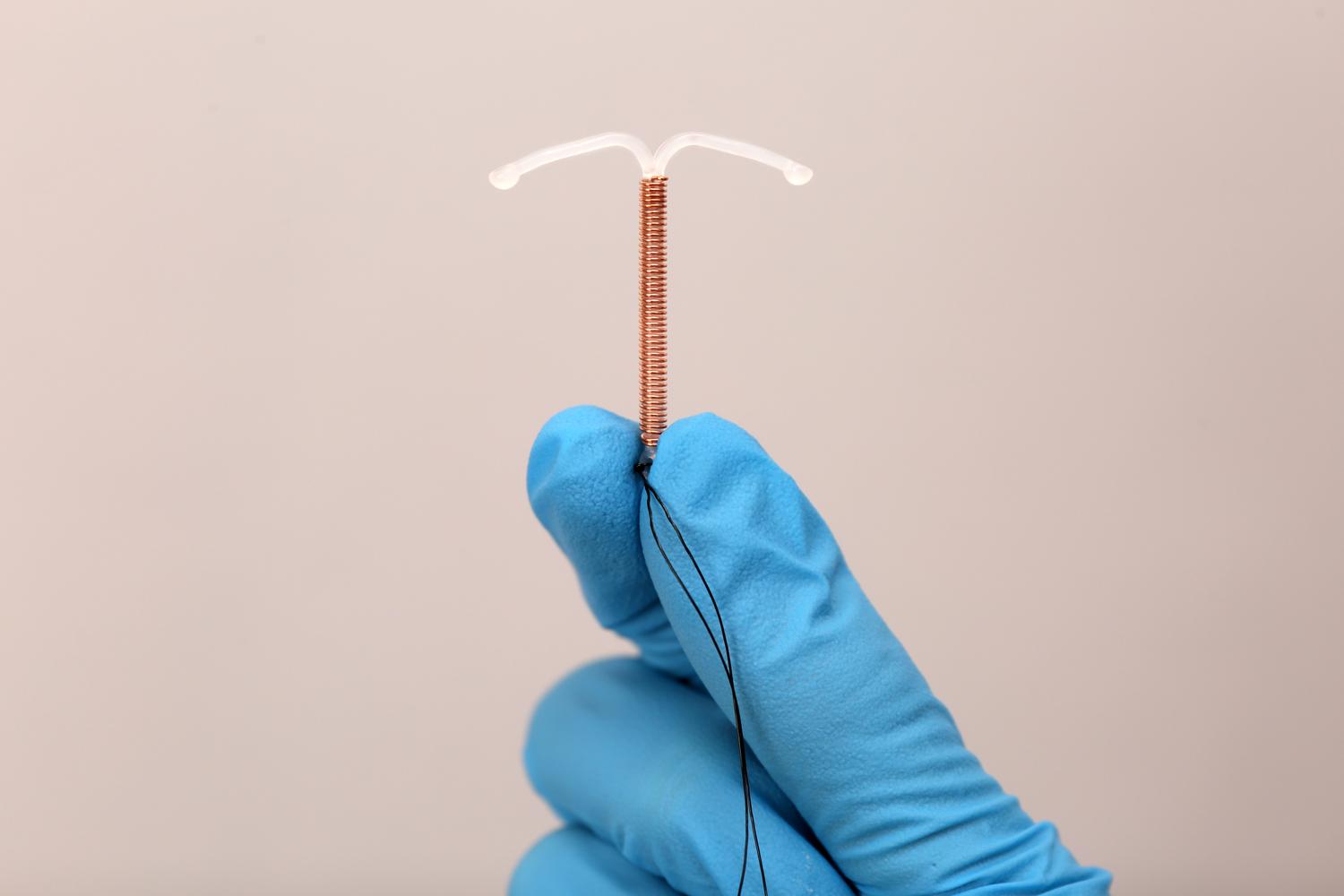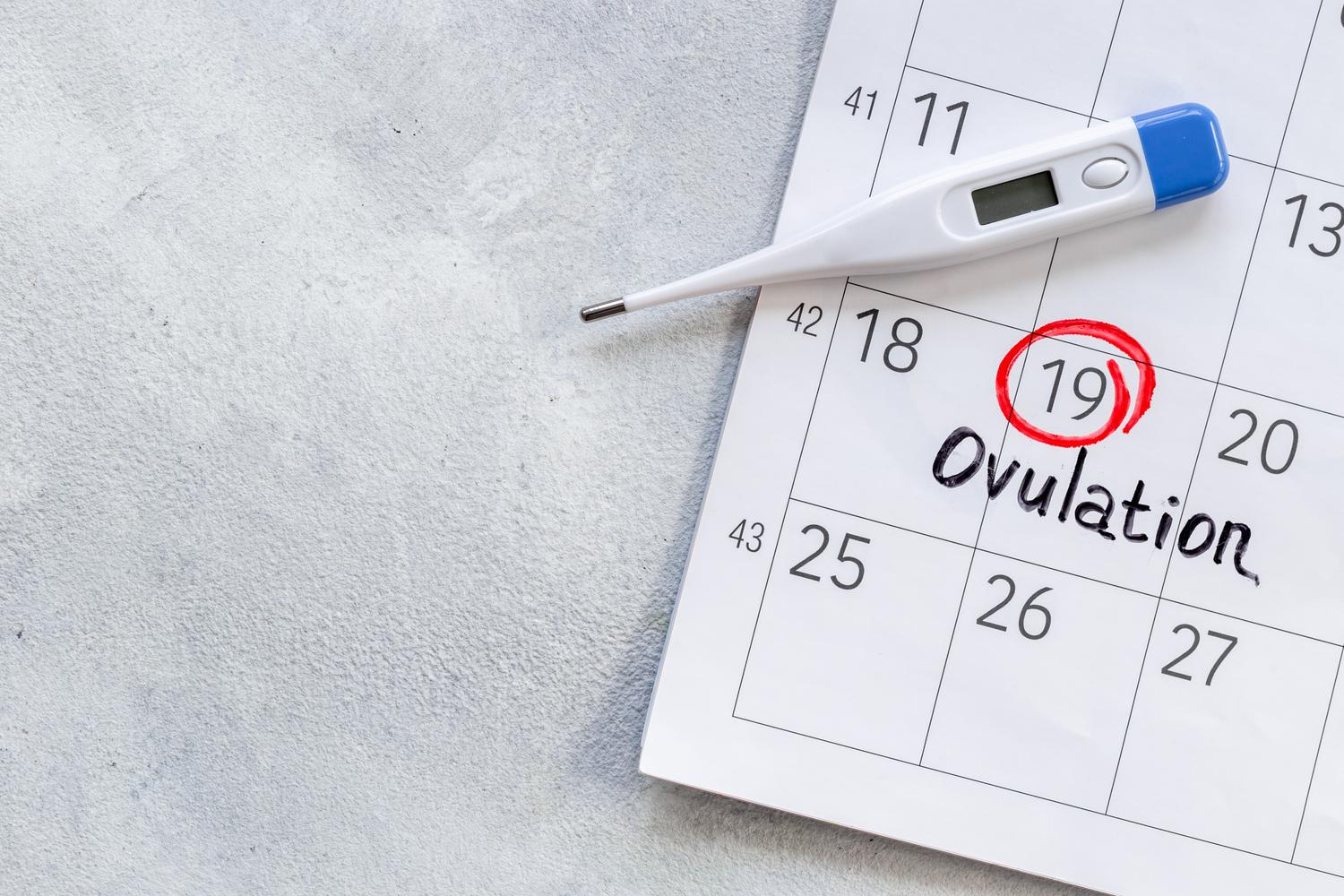4 Safe Ways to Delay Your Period
Key takeaways
- The safest way to delay your period is by using certain birth control methods (like pills, patch, or ring) under medical supervision
- Skipping your period is generally safe when done correctly, but it’s an off-label use of birth control that requires informed planning
- Always talk to a healthcare provider before delaying your period to understand possible side effects and health risks, like spotting, mood changes, or clot risks
Have you ever planned an epic beach vacation, only to have your period show up without an invite? Or trained for a marathon and realized that you’ll be dealing with more than just leg cramps on race day? If so, then you’ve probably wondered if there’s a way to skip or delay your period.
There are a myriad of reasons why someone might want to hit the “snooze” button on their monthly menstrual cycles. Some may want to avoid dealing with their period during special events or vacations, such as weddings, sporting events or honeymoons. Others may want to skip or delay their period in order to manage severe premenstrual symptoms or ensure more consistent hormonal levels.
Whatever the reason may be, it’s important to know how to safely delay your period and understand the risks involved.
Why do women experience periods?
Before learning about delayed periods, it’s important to understand why women experience periods in the first place. Periods are part of the monthly menstrual cycle, a natural process preparing the body for potential pregnancy.
Each month, the lining of the uterus thickens to accommodate a fertilized egg. If fertilization doesn't occur, this thickened lining, called the endometrium, sheds away (this results in a period).
The bleeding (which typically lasts a few days) is comprised of blood and the uterine lining, and is a normal beginning of the menstrual cycle. However, the general consensus among the medical community is that monthly bleeding is not actually physiologically necessary unless you're trying to become pregnant.
Is skipping or delaying your period safe?
It depends. With proper medical advice and supervision, it is generally safe to delay your period using certain birth control medications. However, you should always consult with a healthcare provider or gynecologist before making any decisions.
If you’re wondering how to safely delay your period without medication, the answer may not be as straightforward. Old wive's tales like lemon juice, apple cider vinegar or gram lentils have not been scientifically proven to delay menstruation, and can result in irritation or digestive problems if consumed in large amounts.
The same goes for anyone trying to exercise in order to delay their period. Excessively exercising to avoid your period is not a safe or healthy approach. It can lead to loss of bone density, difficulty getting pregnant, and other serious health conditions.
How to safely delay your period
Certain types of hormonal birth control can delay or reduce periods as a side effect. However, it’s important to note that taking birth control for the sole purpose of delaying or skipping a period is an off-label use of the medication (meaning that the FDA has not approved hormonal birth control for that purpose).
The best (and safest) approach is to consult with a medical professional about your goals and preferences before considering hormonal birth control. Talk to your doctor about the following options:
1. Birth control pills
Birth control pills are also known as oral contraceptive pills (OCPs). The combined contraceptive pill, which contains the hormones estrogen and progestin, works by preventing the ovaries from releasing eggs for fertilization. The hormones also thicken your cervical mucus, which helps to prevent sperm from entering and fertilizing the egg.
OCPs are designed to mimic the natural menstrual cycle. Therefore, one pack normally contains 3 weeks' worth of pills that suppress your fertility, and then a week of inactive placebo pills, during which time the body experiences bleeding as a result of hormone withdrawal.
To delay menstruation, OCPs can be taken back-to-back (without a week-long break). Instead of taking the placebo pills, one can start a new pack immediately. Examples of OCPs include:
- levonorgestrel ethinyl estradiol(https://sesamecare.com/medication/levonorgestrel-ethinyl-estradiol) (generic for Amethyst)
- Drospirenone ethinyl estradiol (generic for Yaz)
- Norgestimate ethinyl estradiol (generic for Ortho Tri-Cyclen)
- Norethindrone ethinyl estradiol (generic for Loestrin)
Touch base with your clinician to see if birth control pills are the right choice for you.
2. The patch
This contraception method involves wearing a thin sticker that releases hormones directly into your skin. Similar to birth control pills, patches are used for three weeks and then removed for a week. If you use the patch continuously—without a seven-day break—it can help delay menstrual bleeding.
However, it’s important to note that most birth control patches release a higher dose of estrogen than other forms of birth control, which increases the likelihood of developing blood clots. Therefore, using birth control patches to continuously delay a period is usually not the best option; consult with your clinician to discuss this further if you are interested in using the patch to delay your period.
3. Progestin-only birth control
Examples of progestin-only birth controls include DMPA injections (Depo-Provera), hormonal IUDs, and hormonal implants:
- DMPA injections: Depot medroxyprogesterone acetate (DMPA), more commonly known as the Depo-Provera shot, is an injectable progestin contraceptive that is received every three months. The majority of women who receive DMPA injections report that their periods have either been reduced or eliminated after one year.
- Hormonal intrauterine devices (IUDs): An IUD is a small, T-shaped device that is inserted into the uterus. It’s a long-term, reversible form of birth control, meaning that it stays in your uterus for an extended period of time (typically between 3-7 years) and continuously releases hormones. While IUDs are often associated with period cessation, it does not occur in all women.
- Birth control implants: The birth control implant is a small, plastic rod that is inserted under the skin of the arm. Like IUDs, implants are a long-term, reversible form of birth control, and period cessation occurs in some - but not all - women.
4. Vaginal rings
The vaginal ring is a small, plastic ring that is placed in the vagina and releases hormones to prevent pregnancy. Just like with OCPs, vaginal rings mimic a natural menstrual cycle, so they’re left in place for three weeks and then removed for one week. However, skipping the ring-free week-long break and inserting a new ring after three weeks can delay menstruation.
Risks of delaying or skipping your period
While delaying menstruation can be beneficial for some, it's essential to be aware of the side effects and risks:
- Accidental pregnancy: Missing a period doesn’t increase the risk of an accidental pregnancy in and of itself. However, it is still possible to become pregnant while on birth control (the only method that is 100% effective is abstinence), and if you’re not expecting a period, it may be more difficult to tell if you’re pregnant or not.
- Breakthrough bleeding: Breakthrough bleeding refers to unexpected bleeding between periods. It's one of the most common side effects of hormonal contraception.
- Mood swings and bloating: Hormonal changes can affect mood and cause bloating in some women.
- Breast tenderness: Breast tenderness is a common side effect of hormonal contraception, but it is also commonly associated with pregnancy. If you notice consistent breast tenderness, you should consult with your healthcare provider to confirm the cause.
- Blood clots: The majority of hormonal birth control methods, especially those with estrogen, increase the risk of blood clots.
- Irregular bleeding: Delaying menstruation can lead to irregular bleeding in subsequent cycles.
- Progestin and estrogen-related complications: Imbalances in these hormones can result in other conditions, such as hypertension (high blood pressure) or a decrease in bone mineral density (BMD).
- Decreased sex drive: Some women may experience a reduced sex drive when on hormonal contraception.
How Sesame can help
Delaying your period can offer convenience, especially for a big event or when managing menstrual symptoms or conditions like endometriosis or PCOS. That being said, it’s always a good idea to consult with a healthcare provider for guidance if you’re considering methods to skip or delay your period.
If you’re seeking medical advice, you can book an online birth control consult with a Sesame provider to determine what’s best for you.
If appropriate, they can prescribe birth control during your video visit and send to your prescription to your pharmacy for same-day pickup. It's fast, affordable, and you don't need insurance! Simply choose a provider, choose a visit time, pay for your visit (you'll see the price before you book), and get the care you need.









